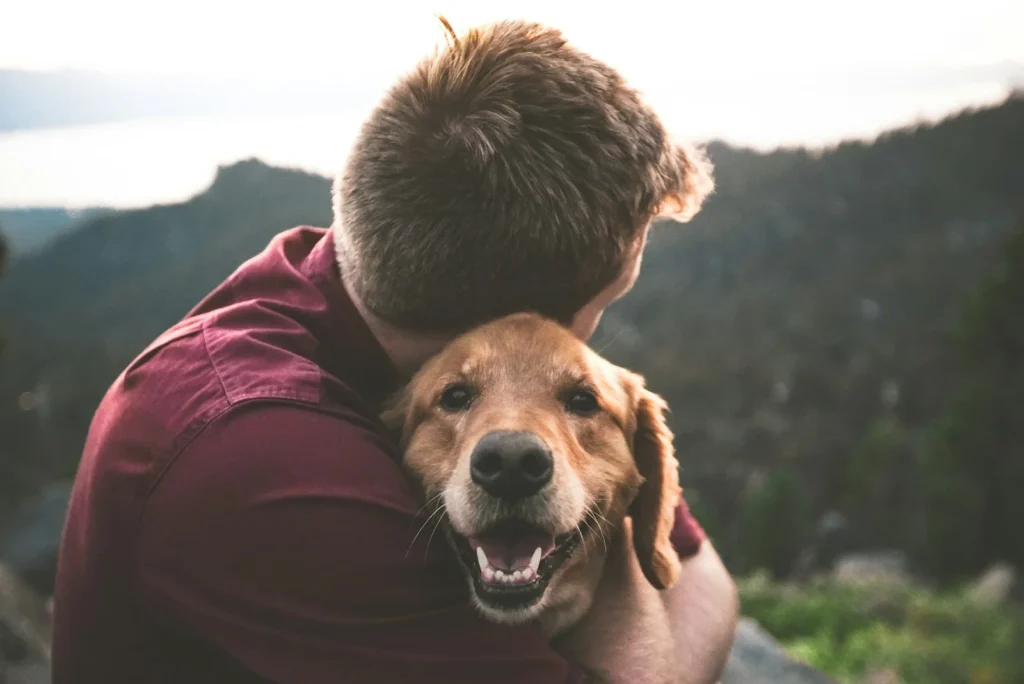
The following is an agreements template for pet policies based on three cohousing communities that are largely consistent with policies of most standard housing developments.
Permitted Pets & Registration
Allowed Pets: Residents may keep common household pets such as dogs, cats, small birds, fish, and small caged mammals (e.g., hamsters, guinea pigs).
Excluded Pets: Potentially dangerous, exotic, or farm animals (e.g., reptiles, certain dog breeds identified as aggressive, livestock) are generally not permitted.
Registration: All pets must be registered with the Cohousing Community Board/Pet Committee upon arrival and annually thereafter. Registration includes providing current vaccination records, microchip information, and emergency contact details.
Limited Pet Ownership
Pet Limit: A maximum of [Number] pet(s) per household (e.g., 2 cats OR 1 dog, or 1 dog and 1 cat).
Size/Weight Restrictions: Dogs over [Weight in lbs/kg] are not permitted.
Responsible Pet Owner Conduct
Breeding: Breeding of pets within the community is prohibited.
Leash Policy: All dogs must be on a leash when outside a resident’s private unit. Cats are encouraged to be kept indoors for their safety and community harmony.
Waste Management: Pet owners are solely responsible for immediately cleaning up and properly disposing of all pet waste in designated receptacles (e.g., waste stations, personal bins).
Noise Control: Pet owners must ensure their pets do not create excessive noise (e.g., prolonged barking, meowing) that disturbs other residents. Chronic noise issues may lead to policy review.
Pet Supervision: Pets should not be left unattended for extended periods. Owners are responsible for their pet’s behavior at all times.
Common Area Usage
Designated Pet Areas: Pets are permitted in common outdoor areas (e.g., pathways, specific greenspaces) only when supervised and on a leash.
Restricted Pet Areas: Pets are strictly prohibited from certain common indoor areas for health, safety, and allergy reasons. Prohibited areas are Common House kitchen, dining areas, library, children’s playrooms, and designated quiet zones.
Damage/Liability: Pet owners are financially responsible for any damage caused by their pets to common property or other residents’ property.
Health and Safety Requirements
Vaccination & Licensing
Vaccinations: All pets must be current on all required vaccinations (e.g., rabies, distemper) as mandated by local authorities. Proof of vaccination must be provided during registration.
Licensing: All dogs must be licensed with the city/county, and proof of licensing must be provided. Cats are not required by local ordinance to be licensed.
Parasite Control: Pets must be regularly treated for fleas, ticks, and other parasites.
Aggression & Behavioral Issues
Aggressive Behavior: Any pet exhibiting aggressive behavior towards humans or other animals (e.g., biting, unprovoked attacks) will result in immediate review by the Pet Committee/Board. Aggression may leading to the pet’s removal from the community.
Spaying/Neutering: All pets over six months of age must be spayed or neutered, unless medically advised otherwise by a veterinarian.
Conflict Resolution & Enforcement
Reporting Concerns: Residents with pet-related concerns should first attempt to resolve the issue directly with the pet owner. If unsuccessful, concerns can be reported to the Pet Committee/Board.
Warning System: For minor infractions, a warning system may be implemented (e.g., first offense: verbal warning; second offense: written warning).
Mediation: The Pet Committee/Board may facilitate mediation between residents to resolve ongoing pet-related disputes.
Violation Fees: Fines may be levied for repeated policy violations (e.g., failure to clean up waste, chronic noise disturbances).
Pet Removal: In cases of severe or repeated violations, especially those involving safety concerns or damage, the community reserves the right to require the removal of the pet from the premises.
Lease/Occupancy Agreement: Violations of the pet policy may also constitute a breach of the resident’s lease or occupancy agreement.
Service and Emotional Support Animals
Policy: Service animals and emotional support animals, as defined by the Americans with Disabilities Act (ADA) and Fair Housing Act (FHA), are not considered “pets” under this policy. These are exempt from pet fees, pet type restrictions, and weight limits.
Documentation: Residents requiring an accommodation for a service or emotional support animal must provide appropriate documentation as required by law.
Owner Responsibilities: Owners of service and emotional support animals are still responsible for their animal’s waste clean-up, noise control, and behavior. Owners must ensure pets do not pose a direct threat to the health or safety of others or cause substantial property damage.